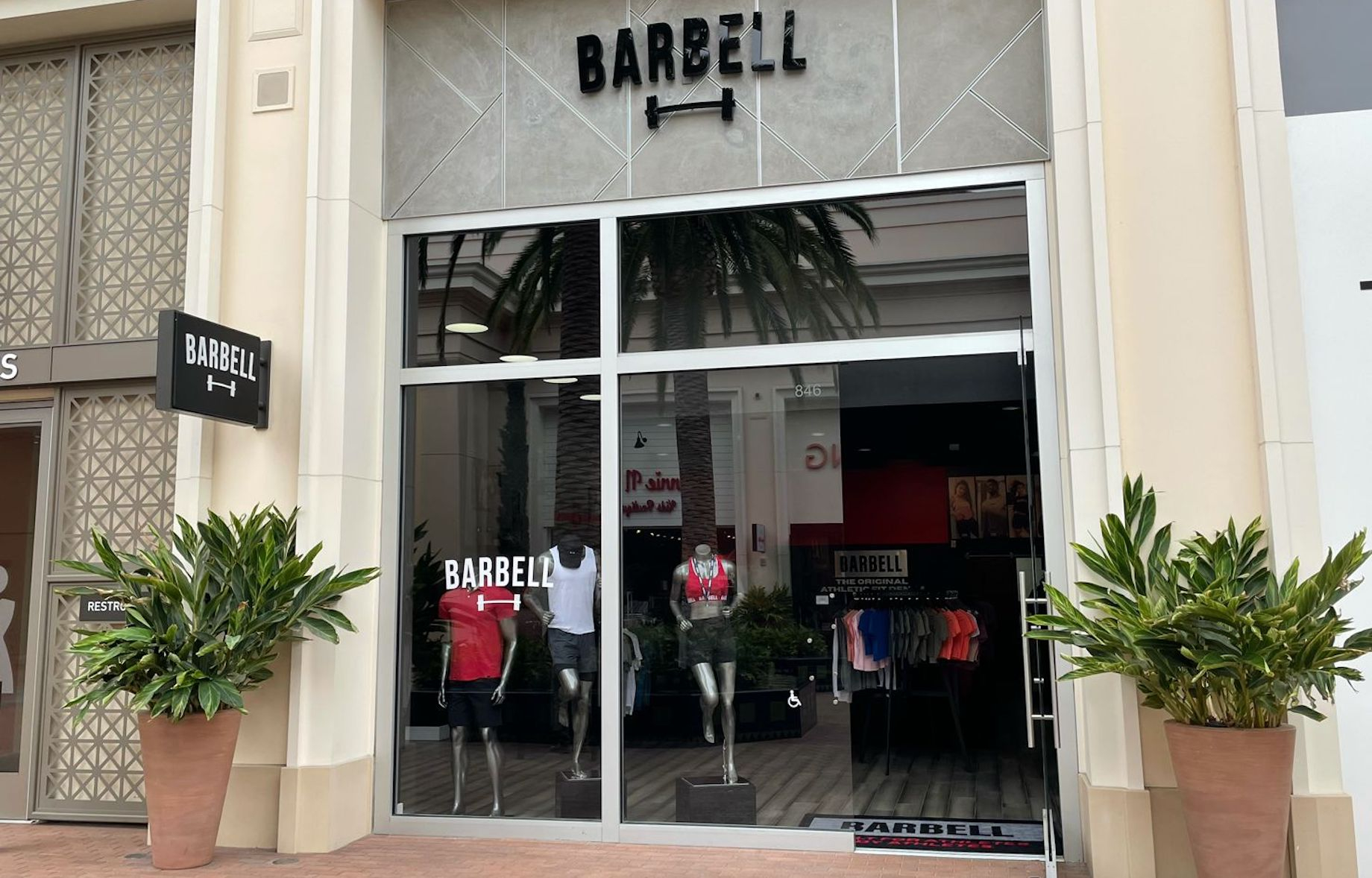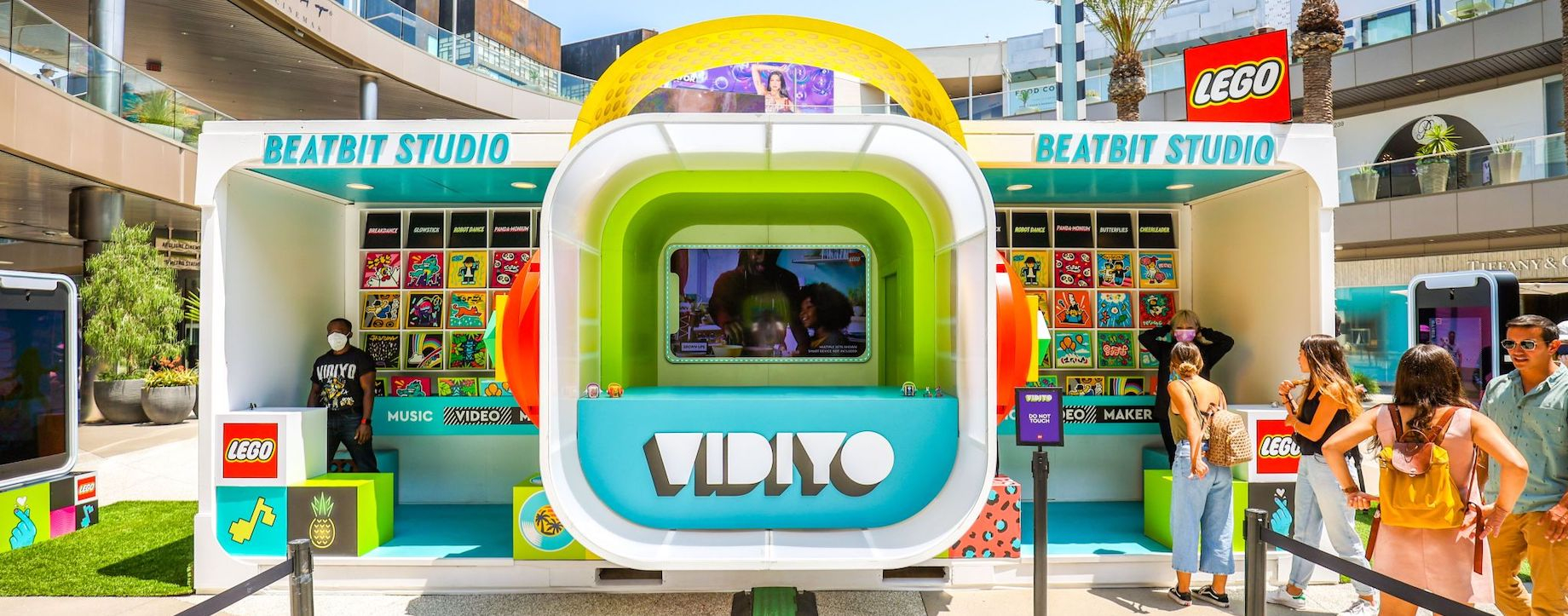The pandemic has decentralized luxury retail geographically, according to market research firm Luxury Institute. Wealthy shoppers are ordering more online, providing upscale retailers rich data with which to formulate store opening decisions. According to that data, many have relocated from their primary residences to second homes. That is leading brands like Dolce & Gabbana, Gucci, Christian Louboutin and Moncler to open permanent stores and pop-ups outside the fashion capitals of Los Angeles, Miami and New York City, in markets like Scottsdale, Arizona; suburban Detroit and Colorado’s upscale ski resort towns.
Retailers are doubling down on physical stores to create buzz in specific communities, to capitalize on low rents and to bypass department stores and other multibrand retailers. Home decor retailer Jonathan Adler, for example, is opening at Rutherford, New Jersey’s American Dream this month, followed by stores in Dallas and New York’s SoHo. The company closed all eight of its stores at the beginning of the pandemic, but strong demand throughout has convinced it to open new and bigger units.
For Chinese retailer Miniso, U.S. expansion costs have fallen by about 20%, mainly due to rental rate cuts, according to Vincent Huang, vice president responsible for overseas business. The pandemic has made securing good locations easier by thinning the competition, he added. That’s why the company sees thousands of U.S. stores in its future. It will operate 54 U.S. locations by year’s end, up from 30 at the start. It operates 3,000 stores in China.
Direct-to-consumer athletic apparel brand Barbell continues to open stores. The company has California’s Irvine Spectrum Center, joining units at Arizona’s Scottsdale Quarter, Nevada’s Downtown Summerlin and Salt Lake City’s City Creek Center. The retailer also will open at Huntington Beach, California’s Pacific City and San Diego’s Westfield UTC this year.

SeaQuest has asked the city of Grand Forks, North Dakota, for $1 million to help open a 17,000-square-foot aquarium in the former Kmart at Grand Cities Mall. The unit would be the company’s 10th mall location.
Convenience stores are evolving. One entrepreneur is growing a fuel station and convenience store concept in Westchester County, New York. Called FoodSmart, the concept aims to differentiate its accompanying Fuelco stations with natural, high-end food-and-beverage. Think chickpea puffs instead of Cheetos. Another new convenience concept, Air Guitar, incorporates design notes from coffee shops and newer grocery stores. The 5,000-square-foot space in Gilbert, Arizona, offers more than 50 prepared meals in open-air coolers that patrons can take with them or eat on a canopied patio.
Nordstrom has linked its full-price and off-price brands’ omnichannel fulfillment operations. One benefit, for example: Online shoppers who buy full-price merchandise via the retailer’s next-day, buy-online-pick-up-in-store feature can pick up their purchases at a Nordstrom or at one of the 243 Nordstrom Rack off-price stores. Nordstrom Rack stores also can process returns from full-price Nordstrom stores. And because younger customers who start out shopping at Nordstrom Rack often graduate to the company’s full-price stores, the company will co-locate more physical units.

The Lego Group’s Vidiyo BeatBit Studio Tour popped up at Macerich’s Santa Monica Place in California to promote Lego’s buildable sets and the Lego Vidiyo music video maker. BeatBits are small, square collectible tiles under the Vidiyo umbrella that resemble album covers. Macerich called the contactless activation an innovative way for brands to connect with experience-seeking shoppers.
To serve the growing demand for quick delivery of fresh groceries, Kroger and Instacart launched Kroger Delivery Now, which they describe as a “virtual convenience store.” The service reaches as many as 50 million households from Kroger’s network of more than 2,700 Kroger, Ralphs, Fred Meyer, King Soopers, Fry’s, Mariano’s and Smith’s stores. And Walmart, Argo AI and Ford will begin testing a self-driving-vehicle delivery service in Austin, Miami and Washington, D.C., this year. Argo’s cloud infrastructure will integrate with Walmart’s online platform to route orders and schedule deliveries.
AE Restaurant Group signed a deal to open 50 Hoots Wings franchise locations in the Dallas-Fort Worth area and 10 in the Austin area. The first opened in July, in Aubrey, Texas, north of Dallas-Fort Worth. Hoots Wings is a family-friendly, wings-only concept of Hooters.
Dunkin’ is the latest fast-food chain to test a digital-only location, opening Dunkin’ Digital in Boston’s Beacon Hill. The restaurant takes orders via the Dunkin’ app or at one of the location's two digital kiosks. It has no dining room.
Color Theory, a coalition of Albuquerque, New Mexico, nonprofits is boosting underserved communities with support, guidance and access to capital for minority businesses. Traffic and sales at a shopping center in the city’s International District have risen with two of the incubated tenants: a flower shop and a gym.
By Brannon Boswell
Executive Editor, Commerce + Communities Today